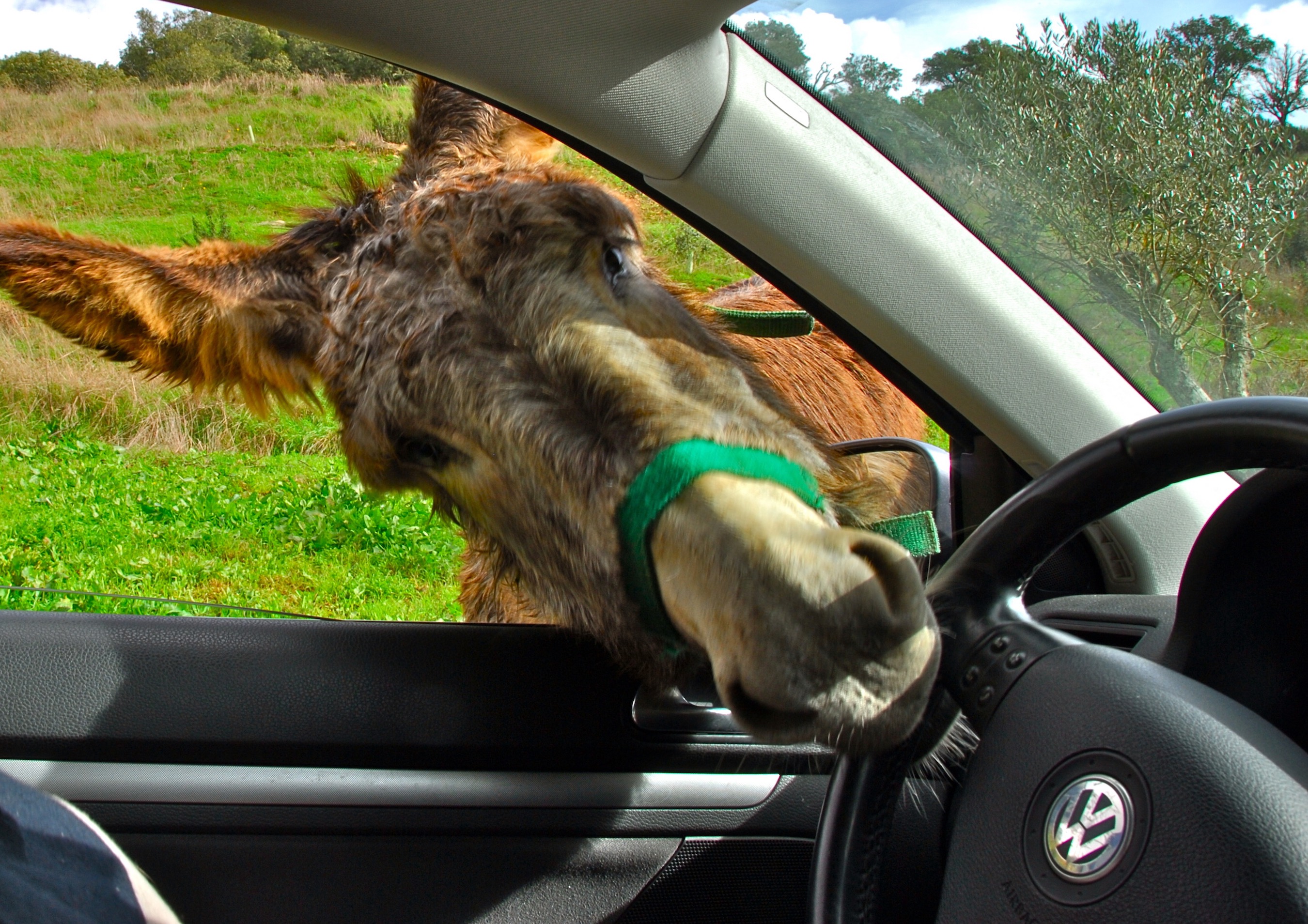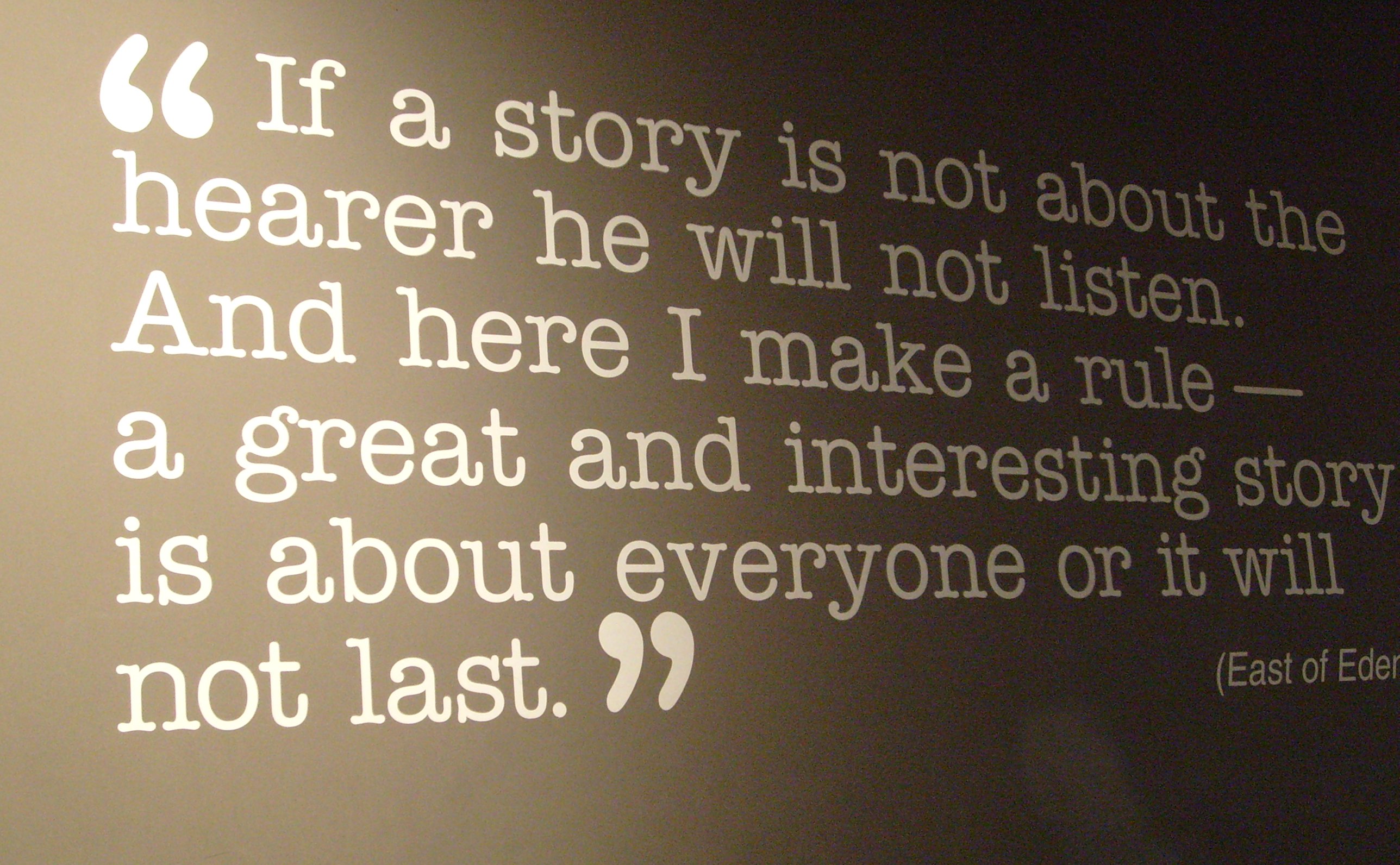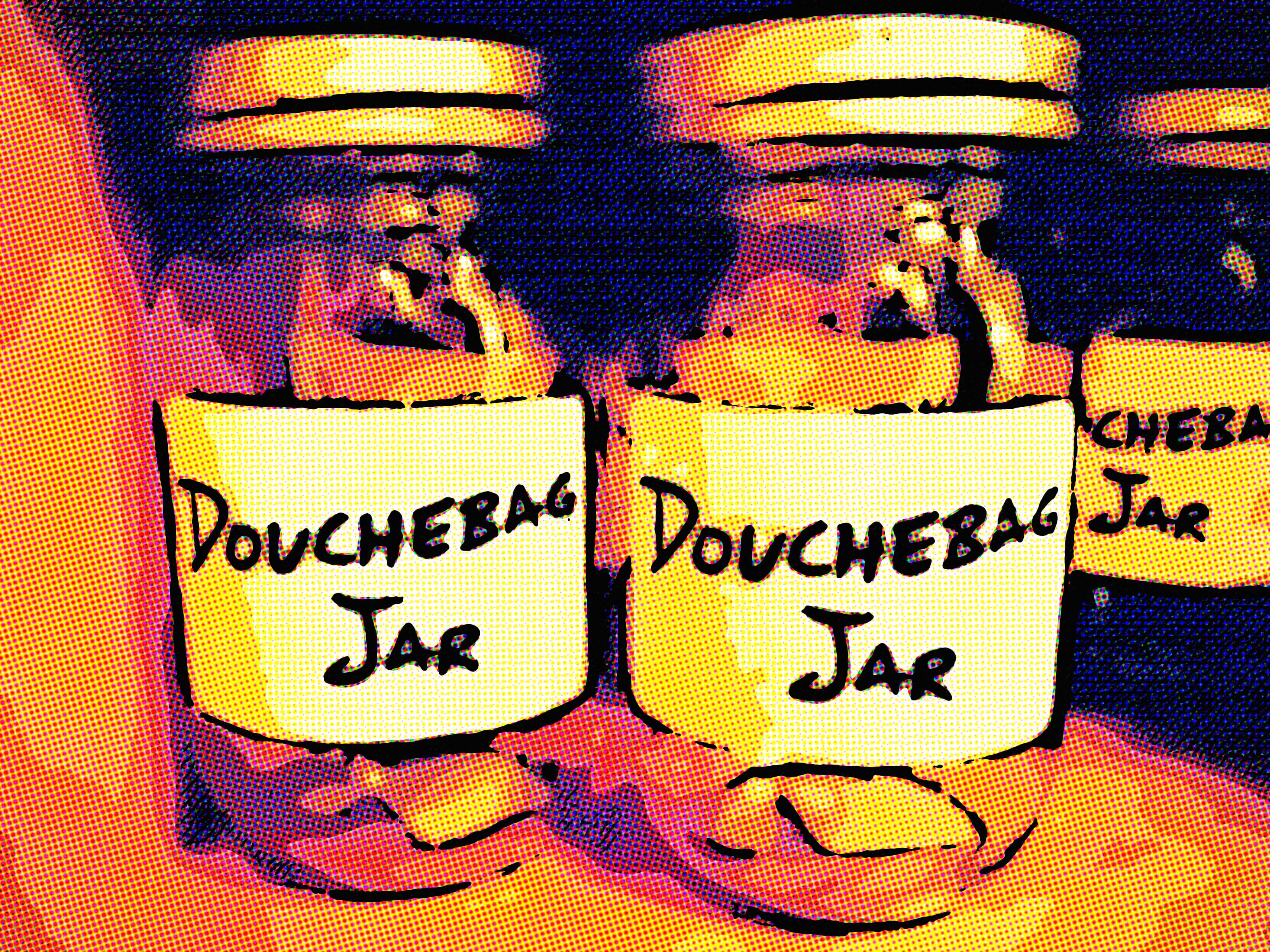Matt Burns’ “The Black Friday Survival Guide” is original content as it should be: Clever, funny, provocative, and unique. This piece of craftsmanship, posted yesterday to TechCrunch, stands apart from the dribble that all looks alike, because it is—lazy aggregators copying news someone else reports, or too often similarly regurgitates. Puke is gross. Let’s not remake and rebake as dinner.
His piece of brilliance evokes the classic survival guide recast to the urban landscape, where dangerous predators roam shopping malls huntings deals and around whom anyone with even 10 meters distance risks being collateral damage. The safest place to be on Black Friday is somewhere else. But if you must go out, Matt has your back.











